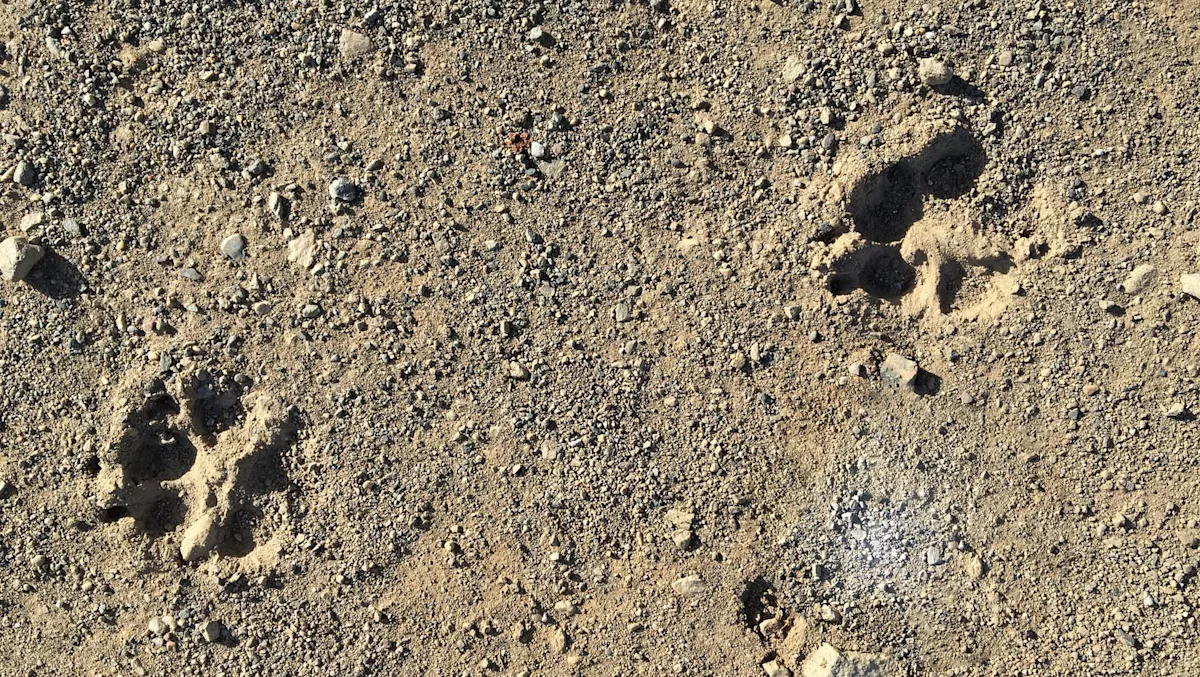For the first time in decades, researchers in northern Argentina have confirmed the birth of a wild jaguar cub. It’s a sign of hope for one of the country’s most endangered species.
On July 30, guides spotted a jaguar cub along the Bermejo River in Argentina’s Gran Chaco region. Thought to be around 5 months old, the cub was seen with its mother, Nalá, a female jaguar released into El Impenetrable National Park in August 2024 by Rewilding Argentina.
While guides suspected a cub was around after seeing paw prints, this confirms it. For the guides, the moment was unforgettable. “It was a wonderful day for me,” said guide Darío Soraire. “I had the incredible luck of seeing Nalá with her cub. … I saw them and was struck by their beauty.”
Jaguars once roamed much of the Americas but have lost over 95% of their habitat in Argentina. Today, there are only 200 to 300 believed to remain in the country. Before the program’s 2019 launch, fewer than 10 males were known in the region. The release of Nalá and two other females has been a hopeful effort to re-establish a breeding population, reported Mongabay.
The presence of this cub suggests that jaguars could once again thrive in places where they’ve nearly disappeared. As apex predators, jaguars help balance the ecosystem by keeping prey species in check. That, in turn, protects the intertwined web of vegetation, water quality, and biodiversity. For communities that rely on the local ecosystem for food, water, and work, that’s great news.
Argentina has already seen similar success in Iberá National Park, where jaguar numbers have grown to nearly 40 after the species had been wiped out around 70 years ago. Conservationists say El Impenetrable could be on the same path with these efforts.
“Creating a breeding population not only brings us one step closer to the jaguar’s recovery, it offers the blueprint to extending their comeback throughout the Gran Chaco,” said Sebastián Di Martino, conservation director at Rewilding Argentina.
Kristine Tompkins, president of Tompkins Conservation, expressed joy over the news. “The Gran Chaco is a vital ecosystem … yet few have ever heard of it,” she said. “Today’s action brings hope to protecting so many species. … It’s proof that we can change the trajectory that we’re on and fight mass extinction by working together.”
Join our free newsletter for good news and useful tips, and don’t miss this cool list of easy ways to help yourself while helping the planet.

